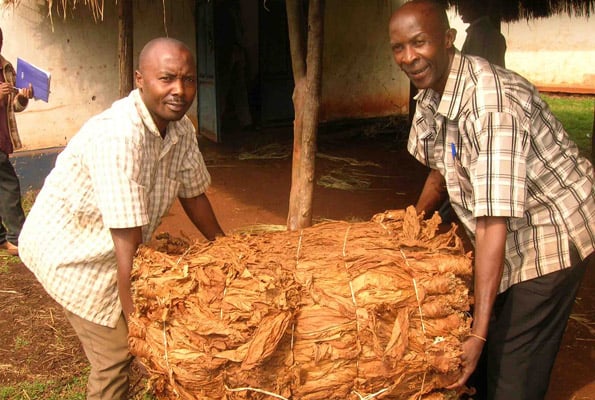Prime
Activists want total ban on tobacco products

Health hazard. The 2013 Nationwide Adult Tobacco Study conducted by Ministry of Health and Uganda Bureau of Statistics (Ubos) showed that 9 per cent of Ugandans above 15 years are tobacco users, 6 per cent of whom are direct smokers while the 3 per cent use smokeless tobacco. Net photo
What you need to know:
- Mr Moses Tilibita, a lecturer at Nkumba University’s School of Science says the ban is needed urgently
Tobacco control advocates have called for a complete ban on tobacco products, citing detrimental impacts on both human health and the environment.
Tobacco products, including cigarettes and vapes over eight million lives annually due to illnesses caused by their inhalation, according to the World Health Organization.
Mr Moses Tilibita, a Tobacco Control Advocate and Course Facilitator on the Management and Pollutants of Hazardous Wastes and Pollutants at Nkumba University’s School of Science says the ban is needed urgently.
“Uganda is a role model and should lead in the total ban of Tobacco. We have a lot to gain when we end tobacco and even plastics in the environment,” he said.
Uganda's approach involves two major strategies which are a complete ban, where the country enforces a comprehensive ban on specific tobacco products through Section 16 of their Tobacco Control Act.
This ban extends to electronic nicotine delivery systems (e-cigarettes), water pipe tobacco delivery systems (hookahs), smokeless tobacco products, and flavoured tobacco products, and the second strategy which is in line with establishing stricter standards for the remaining tobacco products, where section 18 of the Act empowers the Minister of Health to regulate the content of tobacco products still allowed for sale.
This ensures that these products meet specific standards for contents and emissions, potentially reducing their health risks.
According to Mr Tilibita, Uganda's efforts encounter significant challenges some of which include but are not limited to, less International Support where Uganda, despite adopting robust policies, has not ratified and acceded to the protocol against illicit tobacco products.
“This delays access to international mechanisms that could aid in regulating cross-border tobacco smuggling and black markets. Uganda's failure to pay assessed contributions to the WHO hampers its full participation in the WHO Framework Convention on Tobacco Control (WHO FCTC),” he added.
Tilibita also points out weak enforcement of existing tobacco control laws as one of the issues that have exacerbated the public health crisis.
Despite legal efforts, widespread tobacco use persists, leading to a high burden of non-communicable diseases and economic losses for the healthcare system.





